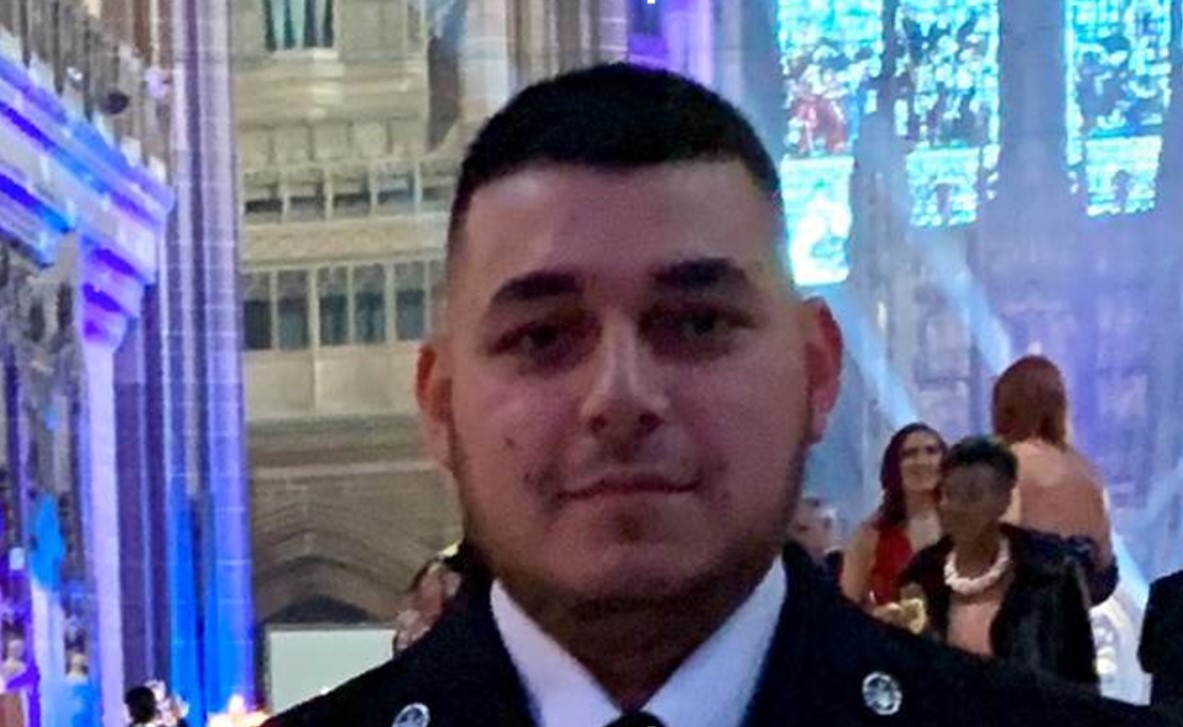To find out more or keep up to date with our latest events, you can:
- Visit: grtpa.co.uk
- Email: management@grtpa.co.uk
Founded in 2014, the Gypsy, Roma and Traveller Police Association (GRTPA) exists to support Gypsy, Roma and Traveller personnel within the police service. Its aim is to raise awareness and understanding of the key issues the Gypsy, Roma and Traveller community face, improve community policing methods and reduce incidences of prejudice and racism.
The GRTPA works to educate people in the policing family and communities about the culture and issues relevant to the Gypsy, Roma and Traveller community. We offer:
It’s natural to have questions when taking any new step to become a police officer. The GRTPA is here to support you and ensure that your background and culture will always be respected within your role as a police officer. Take a look through our FAQs below.
The police service does not accept any form of discrimination and is committed to supporting all its officers. There are robust processes in place to ensure all officers are protected and if any officer from our community is experiencing discrimination, get in touch with us – we’re here to help.
Joining the police is your chance to make a real difference to the Gypsy, Roma and Traveller community and there’s great scope for development and promotion – you can make your friends and family proud.
There's nothing to prevent an applicant without a fixed address from applying but the police will need to be satisfied that they can verify information about the applicant in line with guidance issued by the College of Policing. To become a police officer, you’ll have to pass a vetting process. As part of this, they'll run checks on your home address and any addresses resided at in the past five years.
The minimum education requirement for joining the police is a Level 3 Qualification. Typically, this is two A levels. However, there are other qualifications that are equivalent, especially if you have a qualification that was awarded outside of England or Wales. Take a look at our Common questions section for more information.
Some forces may have additional entry requirements, depending on the entry route you take to join the police. You can check the recruitment pages on your preferred force’s website for full details.

To find out more or keep up to date with our latest events, you can:
Many police forces offer positive action initiatives, such as mentoring and online engagement sessions, to specifically support people from under-represented groups to apply. Get in touch with your chosen force to find out what positive action initiatives they're running.
Forces across England and Wales are recruiting right now.
See which forces are recruiting